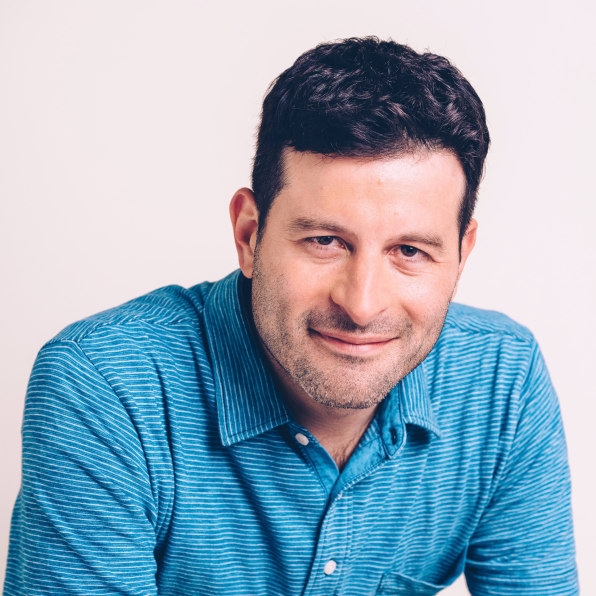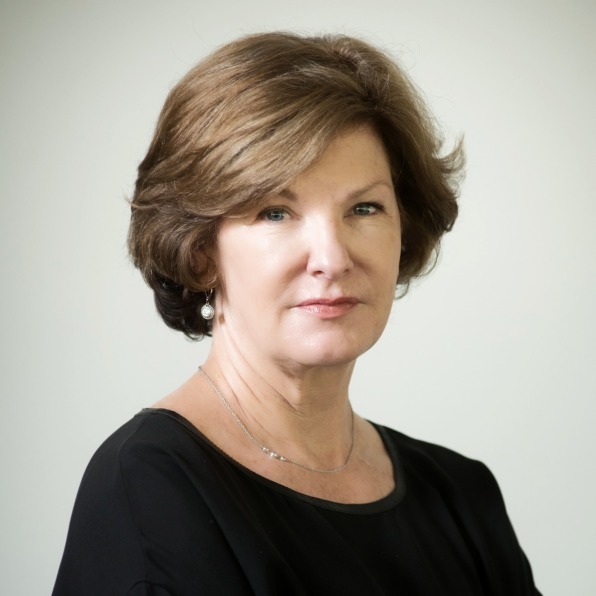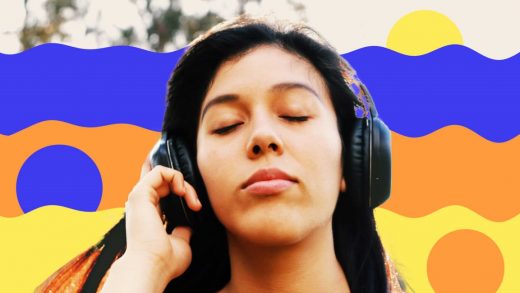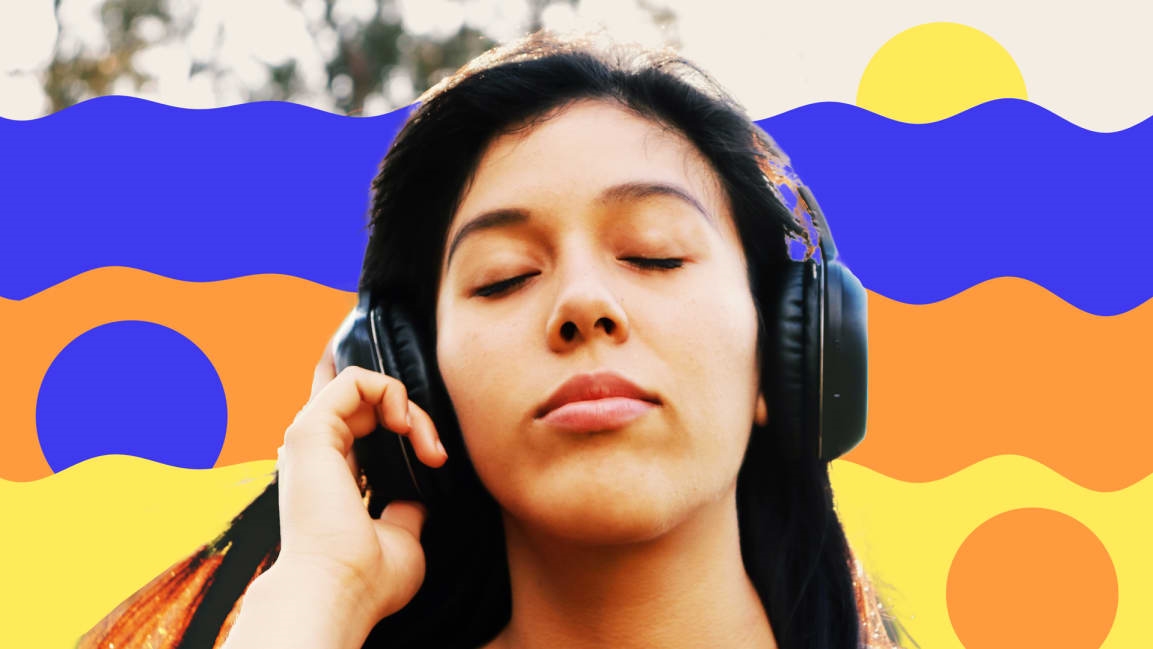Exclusive: Headspace and Ginger plan merger to form a mental-health powerhouse
As many Americans clamor for mental healthcare amid a pandemic, two major companies in the field are joining forces. Teletherapy platform Ginger is planning to merge with meditation app Headspace to create Headspace Health in a deal that values the combined company at $3 billion. The two companies see an opportunity to provide a full range of mental-health services, from coaching, therapy, and psychiatric care to basic resilience-building techniques like meditation.
Ginger, a mental-health platform that offers coaching, therapy, and psychiatry, earlier this year reached a $1 billion valuation after a $100 million investment from Blackstone Group. Headspace, a meditation app for employee workforces, raised $100 million in equity funding last year. As part of the merger, Ginger CEO Russell Glass will stay on as CEO of Headspace Health. CeCe Morken, Headspace’s current CEO, will become president of Headspace Health. Combined, the companies will have contracts with 2,700 enterprises and health plans and serve just shy of 100 million users around the world. Headspace Health projects gross sales of $300 million in bookings by the end of 2021.

[Photo: courtesy of Headspace Health]
In the last year, waning mental health has garnered nearly as much attention as COVID-19. It is one of many “pandemics within the pandemic” that have been called out by public health officials around the world. That has meant boom times for a wave of tech-enabled mental-health companies. Ginger and Headspace’s decision to merge reflects both the raging competition in the space as well as the clear demand for more mental-health services.
Many people sought help with their mental health issues in the first stage of the pandemic. In March of 2020, calls to Crisis Text Line, a text-based crisis hotline, spiked. Between January and September 2020, the number of people who took an online anxiety screening with Mental Health America, a mental-health advocacy nonprofit that also offers services, increased 93% over the total number of anxiety screens taken in 2019. Depression screenings during the same period grew 62% over total 2019 depression screens.

[Photo: courtesy of Headspace Health]
As people acclimate to the ongoing pandemic, they are likely to continue doing so online. Earlier this year, the American Psychological Association declared that teletherapy is here to stay. Headspace Health is hoping that, regardless of where someone falls on the spectrum of mental health, they can provide a service. “Not everybody needs psychiatry and psychology all the time,” says Richard Pierson, cofounder of Headspace. “You cannot meet the demand just throwing more therapists at the problem.”
In 2010, when Headspace was founded, there was not a groundswell of data showing that meditation could have an impact on overall well-being. But today, the practice has been studied as an antidote to sleeplessness, anxiety, depression, lack of focus, and a way to strengthen overall resilience. Where meditation was once a niche religious practice, a glut of mindfulness apps and advocates have pushed it into the mainstream.
In the last year, mental health has grown enormously as a business category. Between the first and second quarter of 2021, the number of venture funding deals in the mental health space were up 55%, according to CB Insights. This year, Lyra Health raised a total of $387 million to grow its mental-health platform for workers, putting its valuation north of $4.5 billion. New entrants, like Hims and Hers’ recently debuted teletherapy service, have emerged to capitalize on the pandemic-inspired mental health crisis. Calm, a competitor to Headspace, raised $75 million at the end of 2020, putting its valuation over $2 billion, according to Pitchbook data.
The competition is fierce. Though Headspace launched before Calm, the latter’s smart, well-timed marketing helped it surpass its predecessor in popularity. Prior to signing the definitive agreement to merge, Headspace had 73 million downloads and a $1.8 billion valuation, according to the company. Calm has at least 100 million downloads.
Glass says the goal is to offer services at the consumer level that increases people’s overall mental-health fitness. “Making it something that’s part of people’s everyday routine is how we’re going to fundamentally change the equation in our society,” says Glass. While initially, the two products will stay independent, Glass says over time Headspace users will get access to Ginger’s behavioral health coaches, therapists, and psychiatrists.
Headspace Health was originally the name of a Headspace product first debuted in 2018. The goal of the subsidiary was to create a new prescription-meditation app with FDA approval as a digital therapeutic by 2020. Since then, Headspace has abandoned the idea of getting federal approval for its app, at least for the time being. However, Morken says, healthcare providers recommend its product to patients today, and the company would eventually like it to be reimbursable by insurers.
“Of course, tying this to [Ginger] probably increases the likelihood of that,” she says.
The bottom line, Morken says, is that bringing these companies together will create a product that currently doesn’t exist: a platform for building resilience regardless of a person’s individual situation.
“We have clinical expertise backed by science and a wealth of content with a diversity of voices. It’s literally content for your whole day, from when you get up, to how you eat, to how you sleep, to how you work out,” says Morken. “That combination we haven’t seen out there yet.”
*Correction: A previous version of this article misidentified Headspace cofounder Richard Pierson as cofounder Andrew Puddicombe. The article has been updated to fix the error.
(30)



